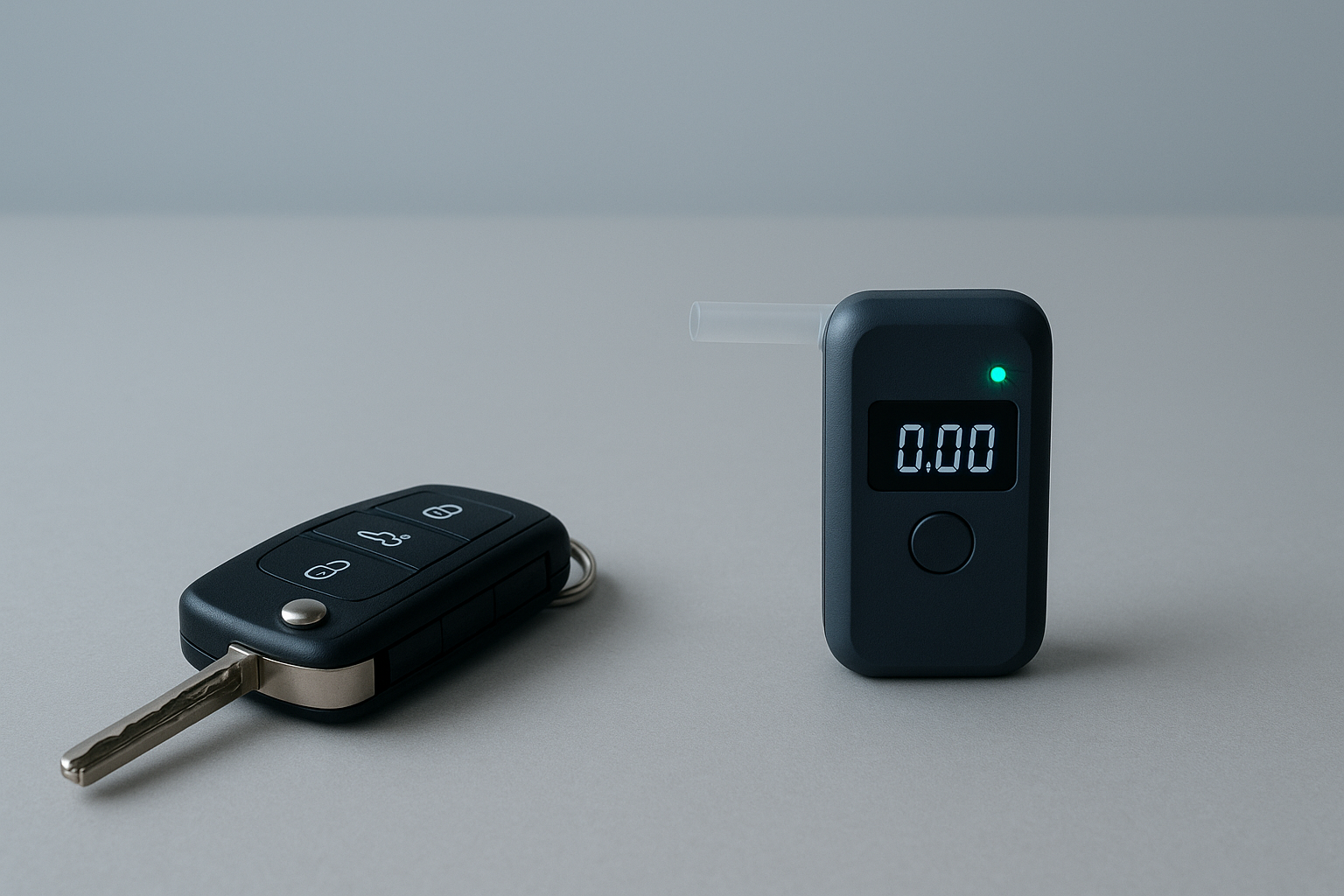Understanding drink driving laws in the UK is crucial for ensuring road safety and compliance with legal standards. These laws are designed to deter impaired driving, which poses significant risks to both individuals and the broader community. By familiarising themselves with these regulations, drivers can contribute to safer roads and avoid severe legal consequences.
Drink driving is a serious offence in the UK, with strict laws in place to prevent it. The legal alcohol limit for drivers is measured through breath, blood, or urine tests, and exceeding these limits can lead to severe penalties. For those navigating the complexities of drink driving legislation, consulting with a drink driving solicitor can provide valuable guidance and representation.
Understanding the legal limits
The UK has established specific legal limits for alcohol consumption while driving. It is important for drivers to be aware of these limits to avoid unintentional violations.
Exceeding these limits can result in serious legal consequences, including fines, driving bans, and even imprisonment. The severity of the penalty often depends on the level of alcohol detected and whether the driver has previous convictions. Understanding these limits is essential for all drivers to ensure they remain compliant with the law.
The legal alcohol limits in the UK are set at 35 micrograms of alcohol per 100 milliliters of breath in England, Wales, and Northern Ireland, while Scotland maintains a lower limit of 22 micrograms. These measurements correspond to approximately 80 milligrams of alcohol per 100 milliliters of blood in England, Wales, and Northern Ireland, and 50 milligrams in Scotland. It’s crucial to note that these limits can be affected by various factors including body weight, metabolism, and food consumption, making it difficult to accurately predict blood alcohol levels based on drinks consumed.
Law enforcement officers are equipped with sophisticated breathalyser devices that provide accurate measurements of alcohol levels. These devices undergo regular calibration and maintenance to ensure reliable results. When stopped for suspected drink driving, drivers may be required to undergo a preliminary roadside breath test. If this indicates a possible violation, they will be taken to a police station for a more precise evidential breath test using approved devices that provide legally admissible results.
Consequences of drink driving
Drink driving carries significant legal and financial repercussions. Convictions can lead to a criminal record, which may affect employment opportunities and travel plans. Additionally, drivers may face substantial fines and increased insurance premiums, as insurers classify them as high-risk individuals.
Beyond legal penalties, drink driving endangers lives. Impaired drivers have reduced reaction times and impaired judgment, increasing the likelihood of accidents. These accidents can result in serious injuries or fatalities, highlighting the importance of adhering to drink driving laws.
Preventative measures and legal support
To avoid the risks associated with drink driving, it is advisable to plan ahead. If you intend to consume alcohol, arrange alternative transportation such as taxis or designated drivers. This proactive approach helps ensure safety and compliance with legal standards.
In cases where individuals face drink driving charges, seeking legal support is crucial. Specialised solicitors can provide expert advice and representation, helping to navigate the legal system and potentially mitigate penalties. Understanding your rights and options is essential for those accused of drink driving.
Impact on public safety and vehicle efficiency
Drink driving not only affects legal standings but also public safety and vehicle efficiency. Impaired drivers are more likely to engage in erratic driving behaviors, such as sudden acceleration or braking, which can increase fuel consumption and wear on vehicle components.
Maintaining a steady speed and avoiding unnecessary actions are key to fuel-efficient driving. By adhering to drink driving laws, drivers can contribute to safer roads and more efficient vehicle operation, benefiting both personal and environmental goals.



